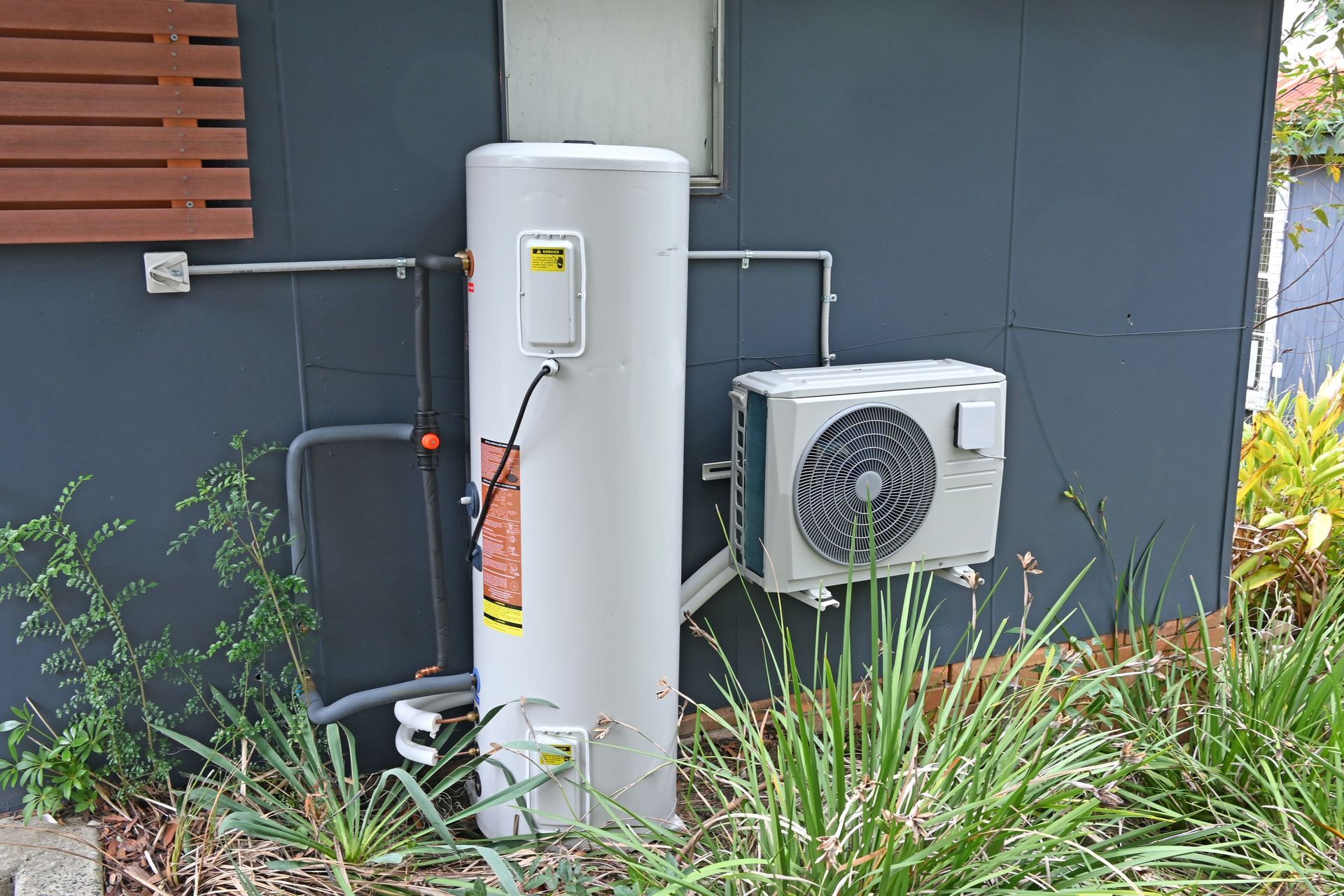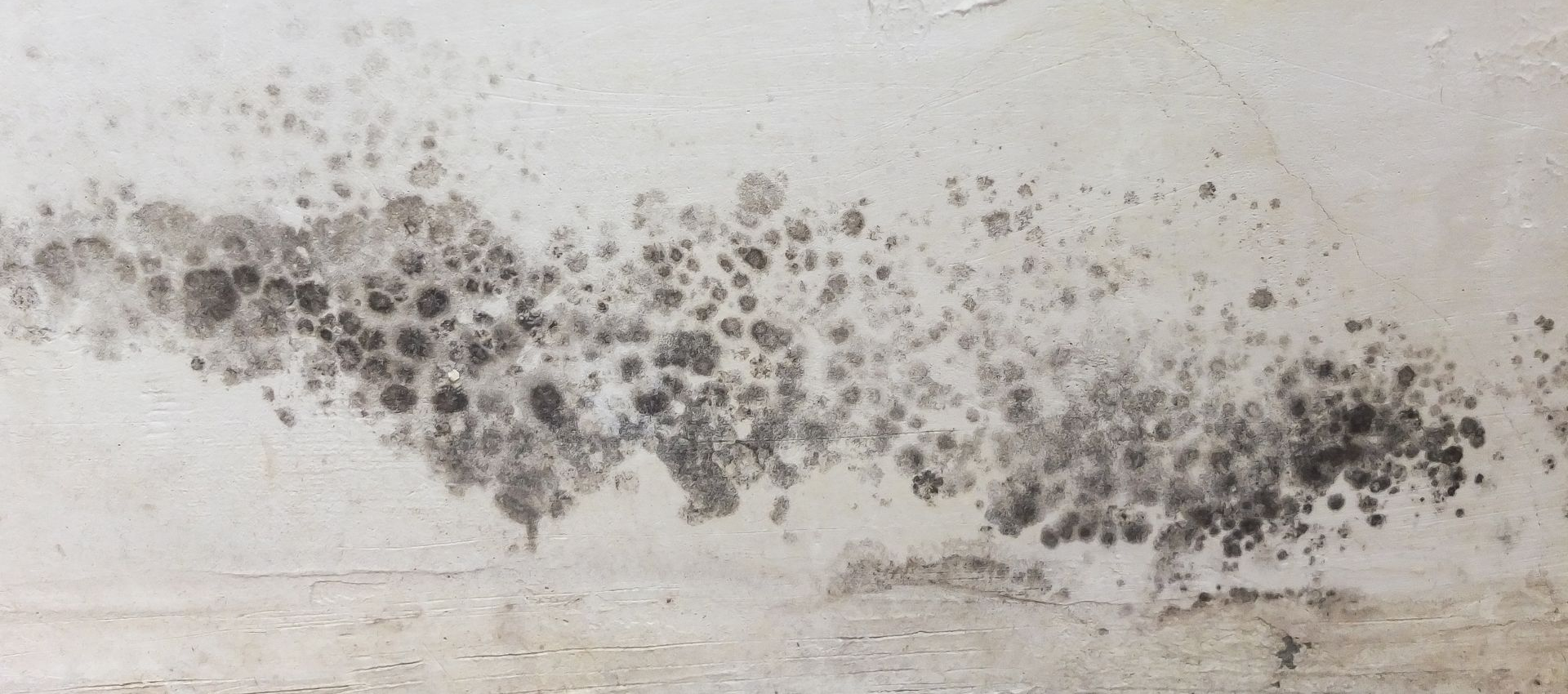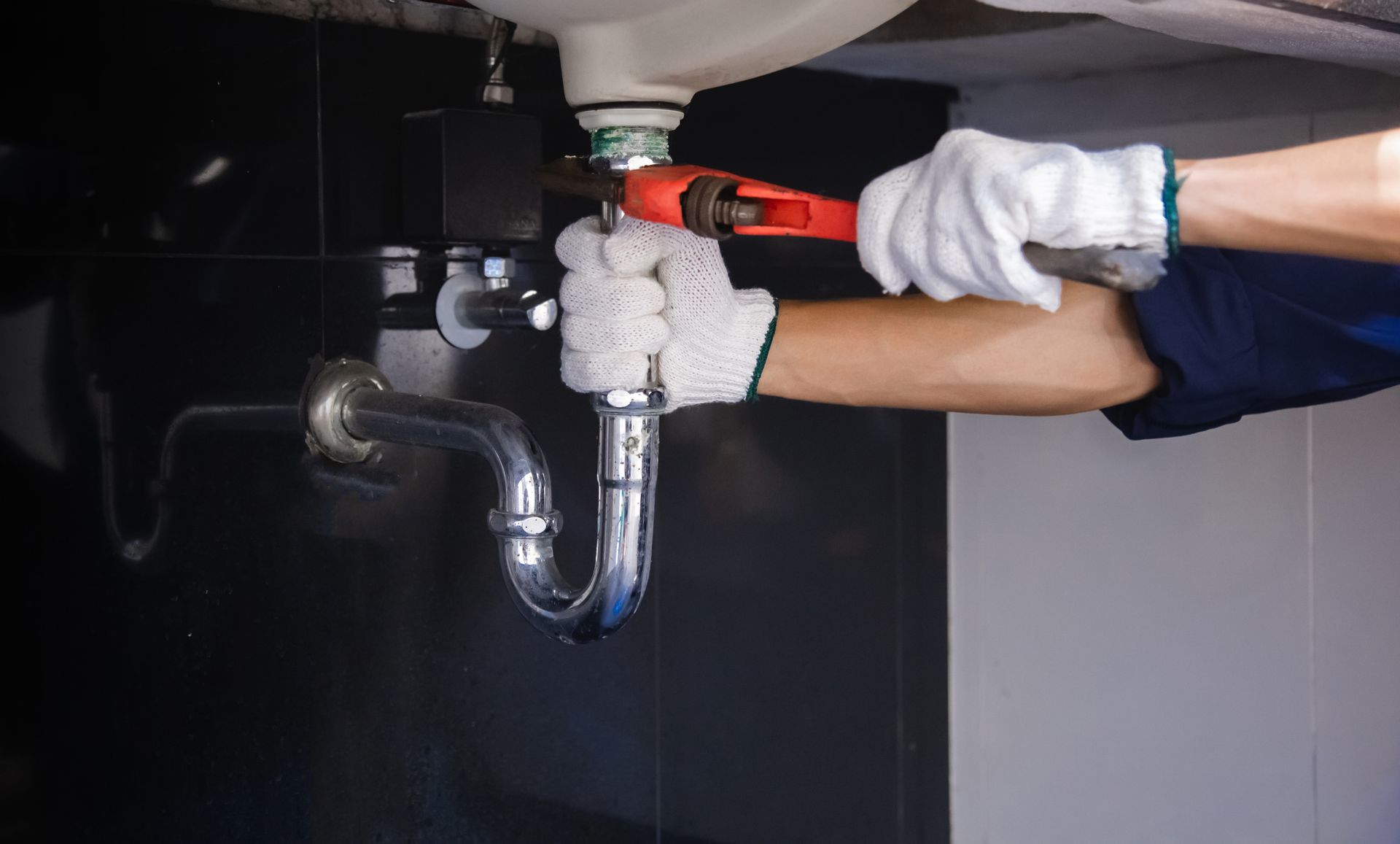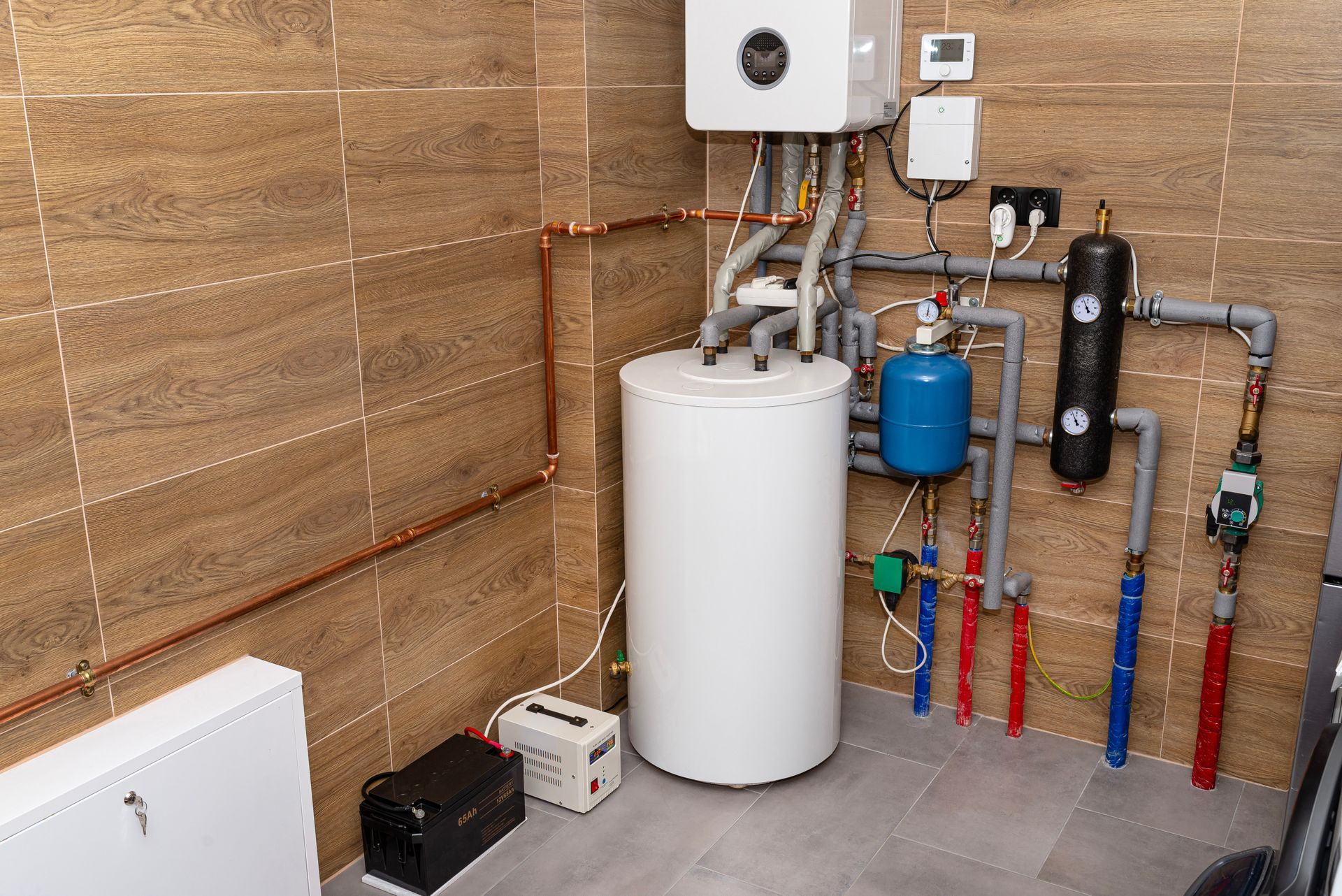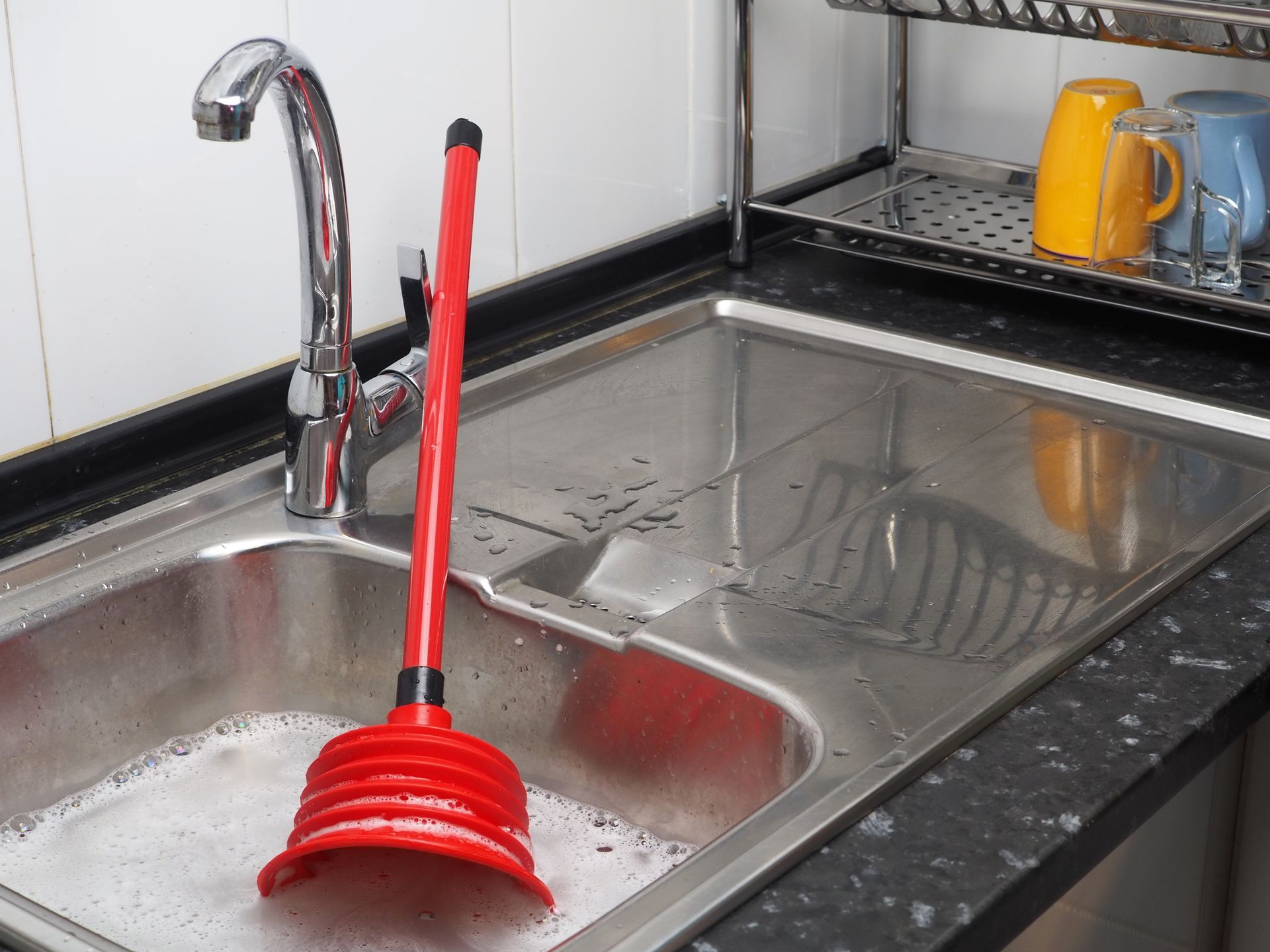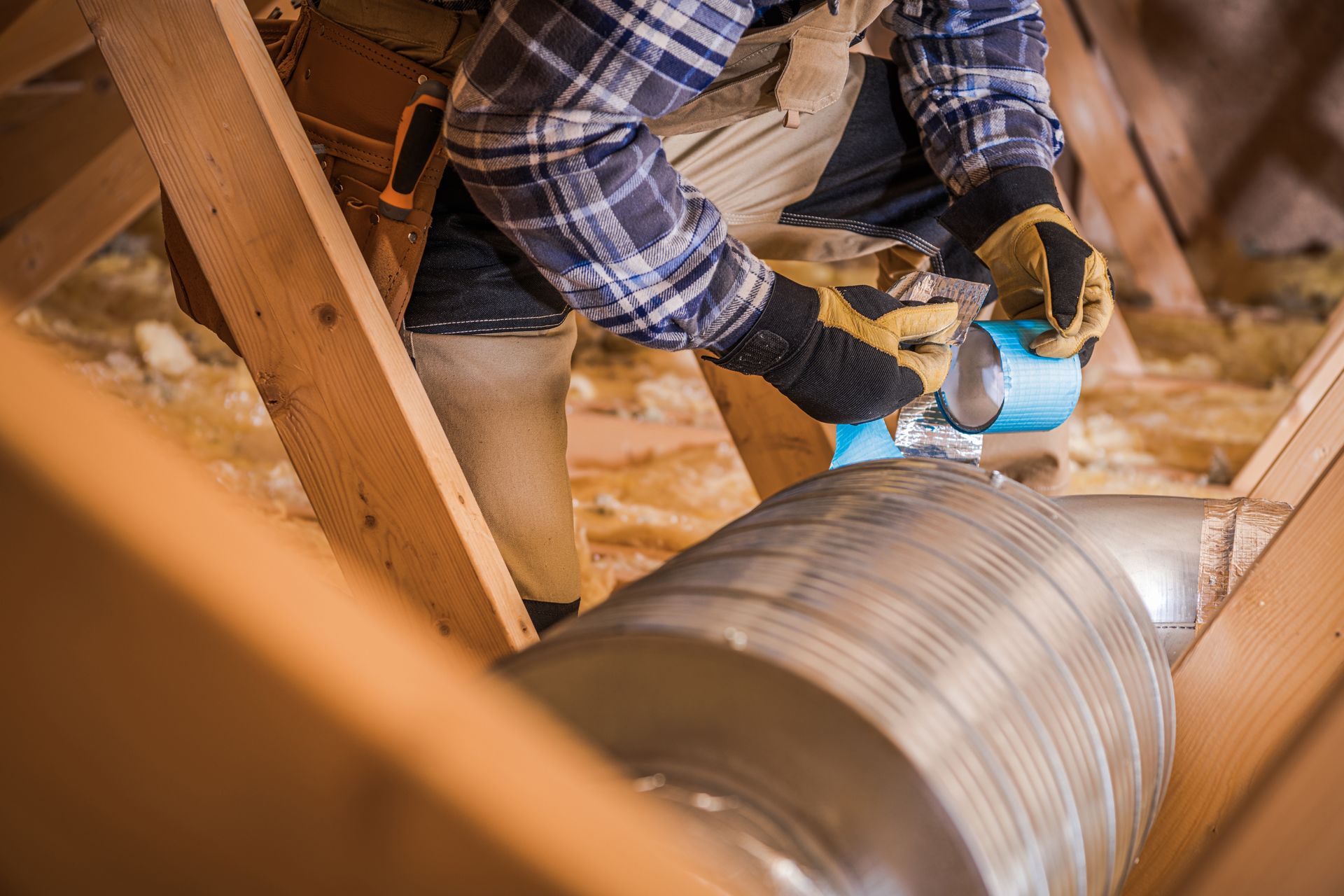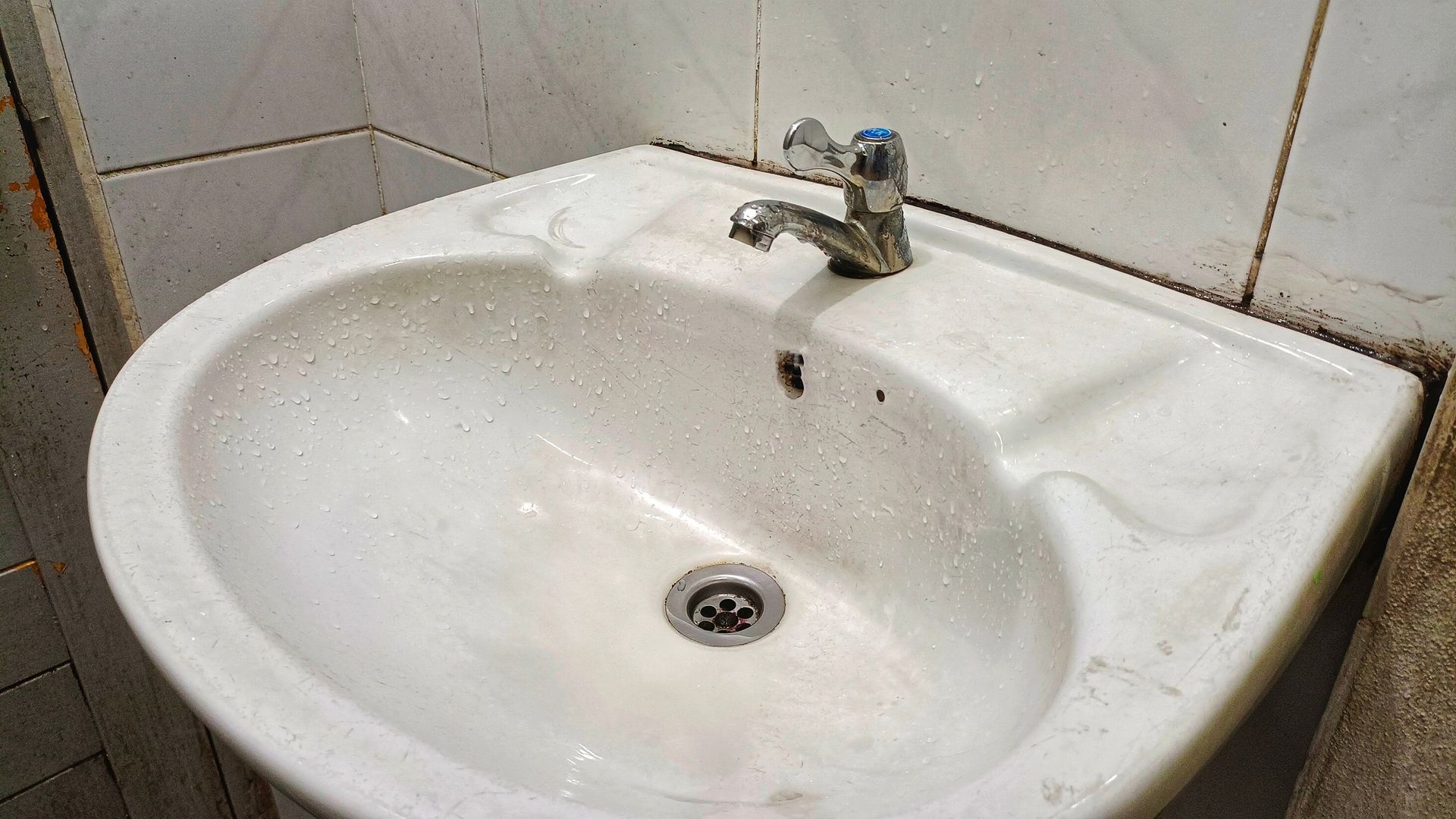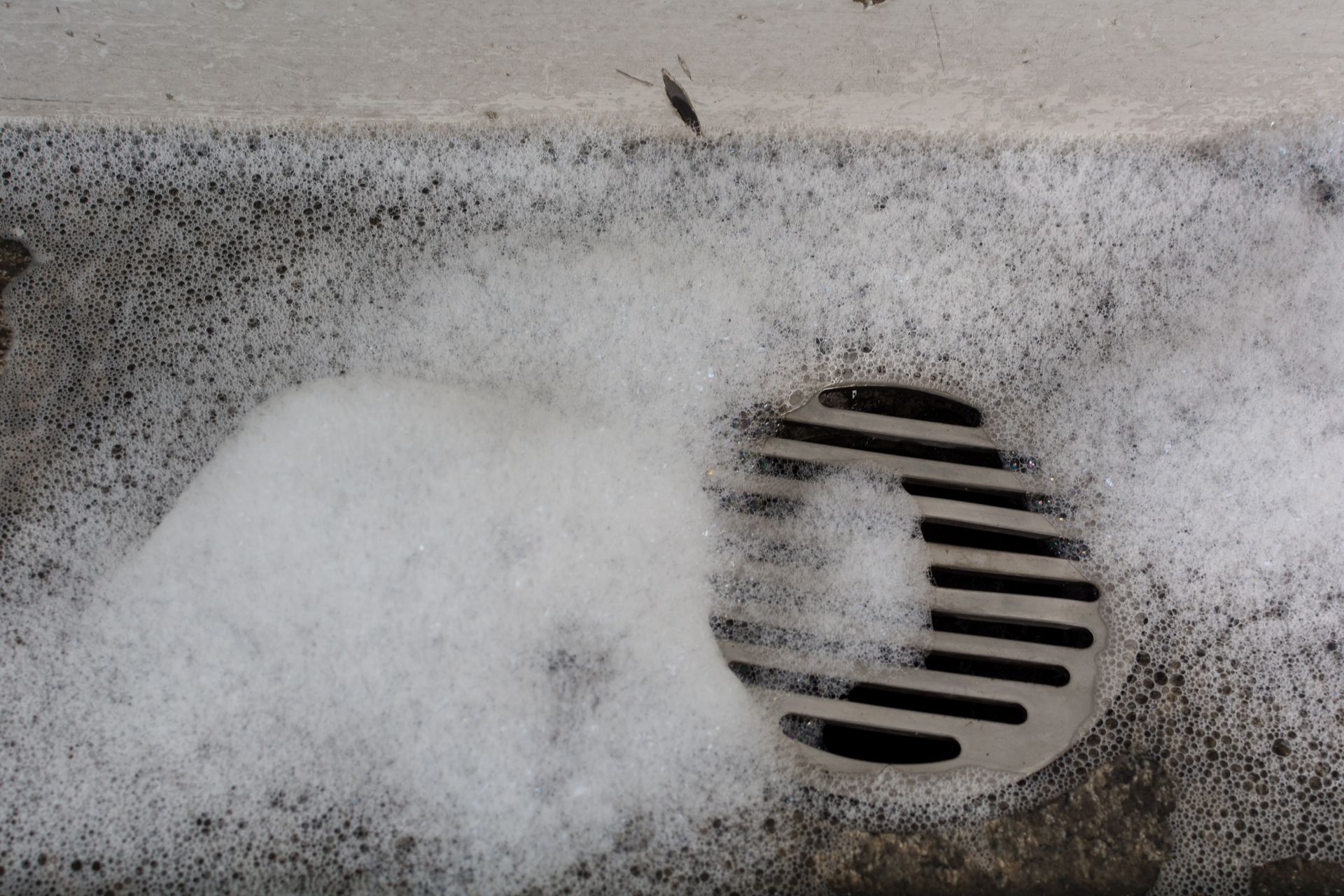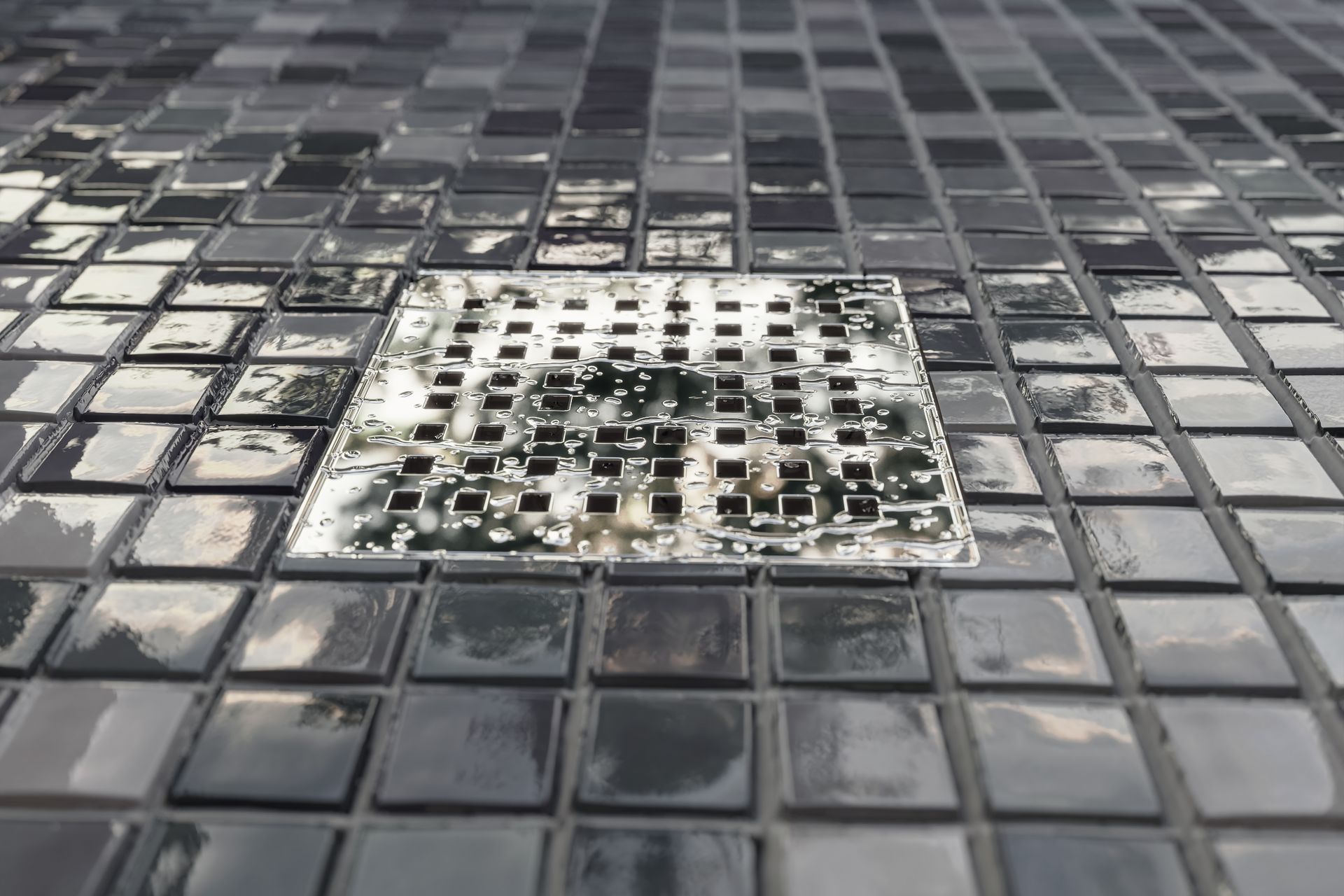Possible Reasons For Seeing Water Discoloration in Your Home
Are you experiencing the unsettling sight of discolored water flowing from your faucets? Don't panic just yet! While it's certainly alarming, water discoloration is a common problem many homeowners face. Understanding the possible causes of this issue can help you determine the best course of action to resolve it. This comprehensive guide will explore the various reasons behind water discoloration and provide valuable insights to help you address and prevent this problem.
Water discoloration can be a disturbing problem for homeowners. The sight of yellow, orange, brown, green, or cloudy water flowing from your taps is not only aesthetically displeasing but can also raise concerns about water quality and safety. However, it's important to note that not all instances of discoloured water indicate a health hazard. Many causes of water discoloration are relatively harmless and can be resolved with the right approach.
Understanding the potential reasons for water discoloration is crucial in determining the appropriate steps to address the issue. In the following sections, we will explore the most common causes of water discoloration and provide insights into how you can identify and resolve each problem.
Yellow or Orange Water
One of the most common causes of water discoloration is the presence of iron in the water supply. When water with a high concentration of iron is exposed to oxygen, it can lead to rust, resulting in yellow or orange discoloration. Municipal water utilities may also contribute to yellow water due to maintenance activities, such as flushing water lines or repairing water mains.
If your tap water turns yellow or orange but clears up after running the tap for a few minutes, it is likely caused by rust or sediments in your plumbing system. Corroded faucets, rusty household plumbing, or a rusty water heater can all contribute to this discoloration. Flushing your water heater or replacing corroded components can help alleviate this issue.
However, if the yellow or orange water persists, you should contact your local water utility to inquire about any ongoing maintenance or potential issues with the water supply. Testing your water for iron levels can also provide valuable insights into the source of the discoloration and guide you towards appropriate treatment options.
Brown or Murky Water
Brown or murky water can result from sediment accumulation in the water supply. Over time, minerals and other naturally occurring substances settle at the bottom of water mains and pipes. Disruptions in the water flow, such as water main breaks or increased demand, can cause these sediments to become dislodged and mix with the water, resulting in discoloration.
If you notice brown or murky water, it is essential to determine whether the issue originates from your home's plumbing or the municipal water supply. Flushing your taps for several minutes can help clear the water if the problem is isolated to your plumbing system. However, if the discoloration persists, it may indicate a larger issue within the water distribution system, requiring the involvement of your local water utility.
Addressing brown or murky water may involve collaboration between homeowners and water utilities to identify and resolve any underlying infrastructure problems, such as corroded pipes or excessive sediment buildup. Regular maintenance and periodic flushing of water lines can help prevent sediment-related discoloration in the future.
Green or Blue Water
The presence of green or blue water can be attributed to various factors, including algae growth or the corrosion of copper pipes. Algae buildup can occur within your plumbing system due to blockages or stagnant water. This can result in green-tinted water flowing from your faucets. Cleaning and disinfecting your plumbing system can help eliminate algae and prevent future growth.
In the case of copper pipes, the corrosion of the metal can cause copper particles to dissolve into the water, leading to blue or green discoloration. This can also result in stains on sinks and tubs. If you suspect copper corrosion, having your plumbing system inspected by a professional plumber who can assess the extent of the issue and recommend appropriate solutions is advisable.
Cloudy or White Water
Air bubbles in the water supply often cause cloudy or white water. When water becomes aerated, it can appear milky or cloudy. This is typically a temporary issue and can be resolved by allowing the water to settle in a glass until the bubbles rise to the surface. If the cloudiness disappears, it indicates that the water was aerated and is not a cause for concern. However, if the cloudiness persists, it may be necessary to investigate further and consult a plumbing professional.
Oily Water
Water that appears oily or has an oily sheen can be a cause for concern. This may indicate the presence of contaminants such as petroleum or chemicals in the water supply. If you observe oily water, it is crucial to contact your local water utility immediately to report the issue. They can investigate and take appropriate measures to rectify the problem and ensure the safety of the water supply.
Effects on Laundry
Water discoloration can also have an impact on your laundry. If your water is discolored, avoiding washing light-colored or delicate fabrics is advisable until the issue is resolved. Discolored water can stain clothes and affect their appearance and quality. Using a water filter or opting for alternative water sources, such as bottled water, can help prevent laundry discoloration during temporary water discoloration incidents.
Is Discolored Water Safe to Drink?
The safety of discolored water depends on the specific cause of the discoloration. In many cases, water discoloration is caused by harmless minerals or sediments that do not pose a health risk. However, it is always prudent to exercise caution when consuming discolored water, especially if the discoloration is sudden or accompanied by unusual odors or tastes.
If you are unsure about the safety of your water, it is advisable to contact your local water utility or a certified laboratory to have your water tested. They can assess the quality of your water and provide guidance on any necessary precautions or treatment options.
When Should You Test Your Water?
Regular testing of your water is essential to ensure its quality and identify any potential issues. It is recommended to test your water annually or whenever you notice changes in its color, taste, or odor. Additionally, if your water comes from a private well, it is crucial to have it tested for contaminants regularly, as well as after any incidents of water discoloration.
Testing your water can help identify the specific causes of discoloration and enable you to take appropriate measures to resolve the issue. Local water utilities and certified laboratories can provide guidance on testing procedures and help interpret the results.
Preventing Water Discoloration
While some causes of water discoloration may be beyond your control, there are steps you can take to minimize the occurrence of this issue. Regular maintenance of your plumbing system, including flushing water lines and conducting inspections, can help prevent sediment buildup and corrosion. Installing appropriate filtration systems can also help remove impurities and improve water quality.
Additionally, staying informed about any maintenance activities or potential local water supply issues can help you promptly anticipate and address water discoloration. Regular communication with your water utility and following their guidelines can contribute to maintaining the quality and safety of your water.
Choosing a Reliable Plumbing Service
When faced with water discoloration or any plumbing-related issues, it is crucial to engage the services of a reliable and experienced plumbing service provider. Professional plumbers can assess your plumbing system, identify the root causes of water discoloration, and implement effective solutions to resolve the problem.

For Warner Robins, GA residents and Macon, GA, Buzzell Plumbing, Heating & Air is a trusted name in plumbing service maintenance. With a team of skilled and certified plumbers, Buzzell Plumbing, Heating & Air offers comprehensive plumbing services, including water quality testing, water heater maintenance, and pipe inspection. Their expertise and commitment to customer satisfaction make them the ideal choice for addressing water discoloration and other plumbing concerns.
Water discoloration can be a concerning issue for homeowners, but understanding the potential causes and appropriate actions can help alleviate the problem. By identifying the specific reasons behind water discoloration, you can take proactive steps to prevent and resolve this issue. Regular maintenance, water testing, and engaging the services of a reliable plumbing professional are key to ensuring the quality and safety of your water supply.
If you are experiencing water discoloration in your home in Warner Robins, GA, or Macon, GA, contact
Buzzell Plumbing, Heating & Air for expert plumbing service maintenance. Their team of experienced plumbers is dedicated to providing cost-effective and efficient solutions to address all your plumbing needs. Take control of your water quality and enjoy clear, clean water in your home.
Contact Buzzell Plumbing, Heating & Air today!
